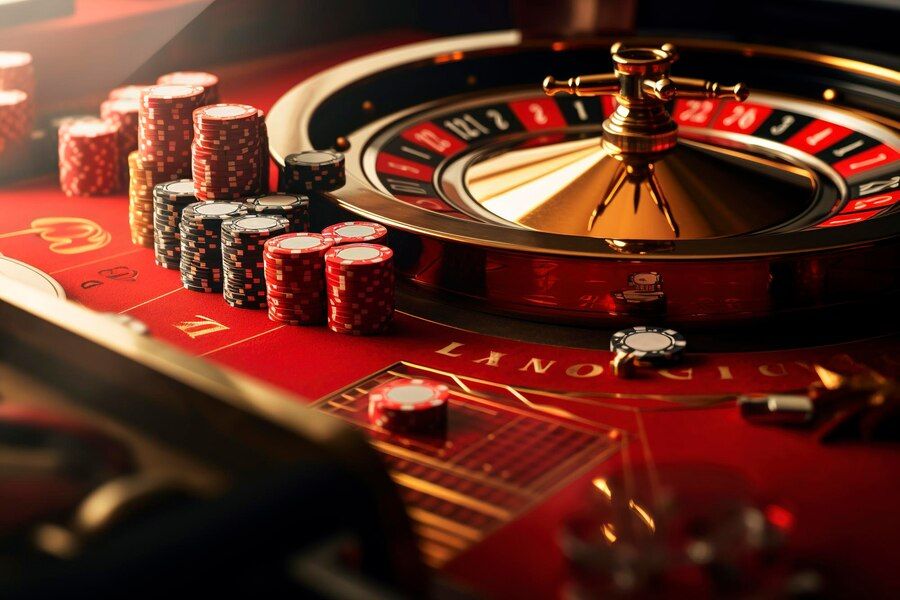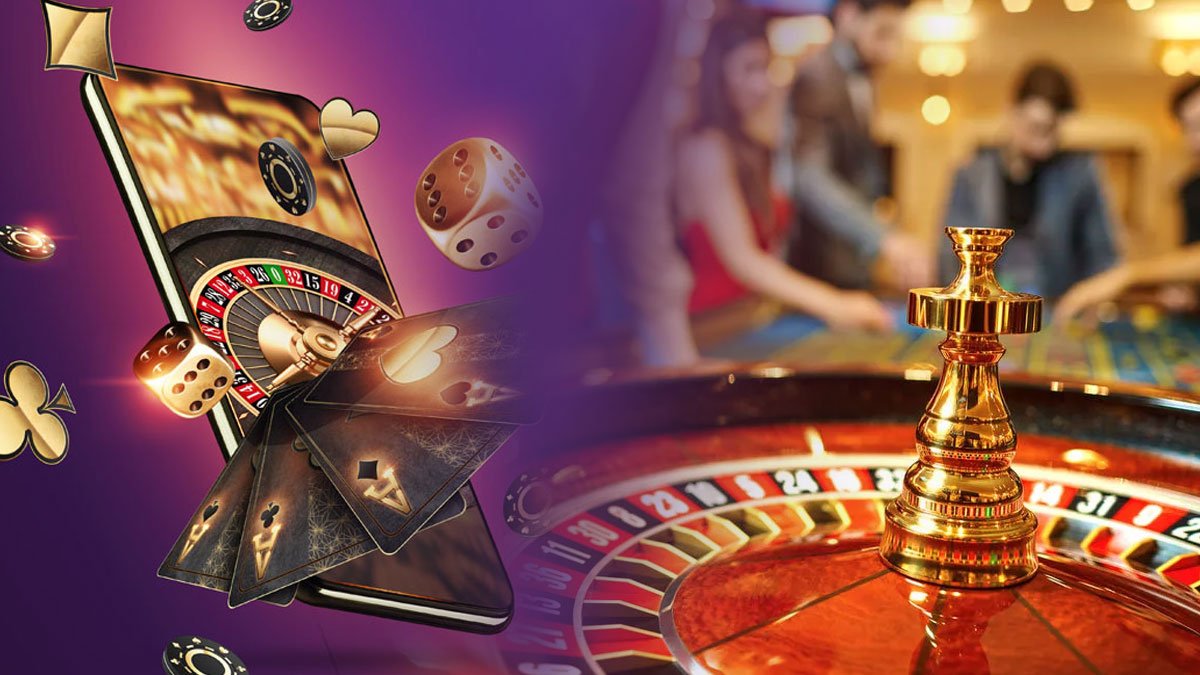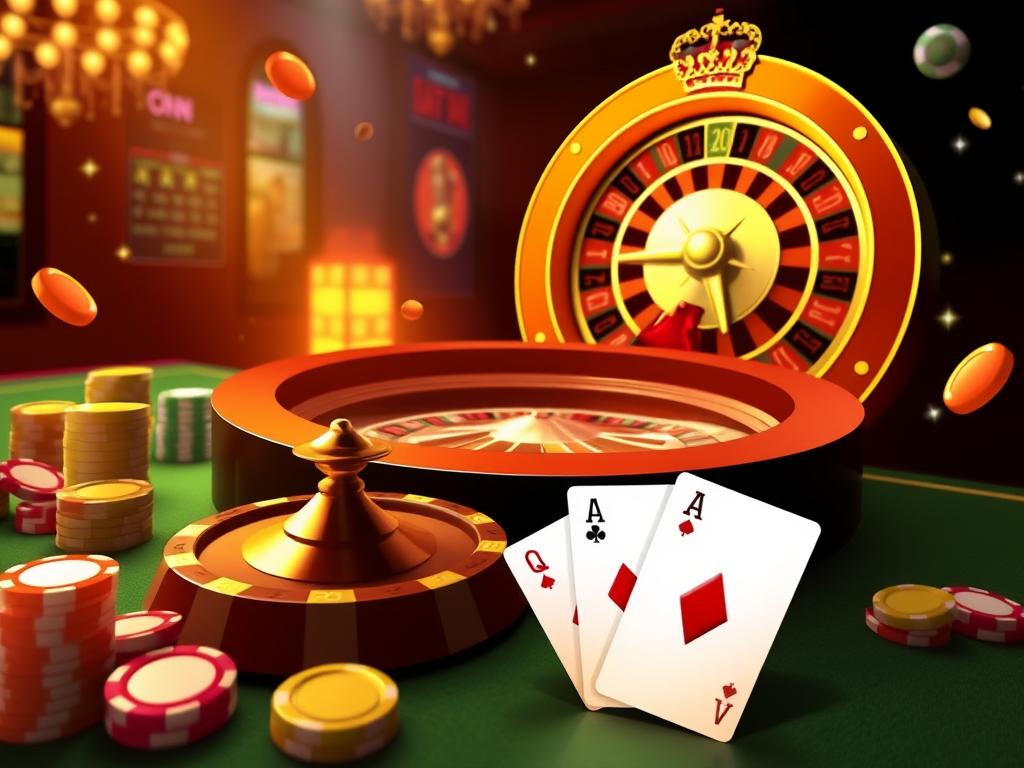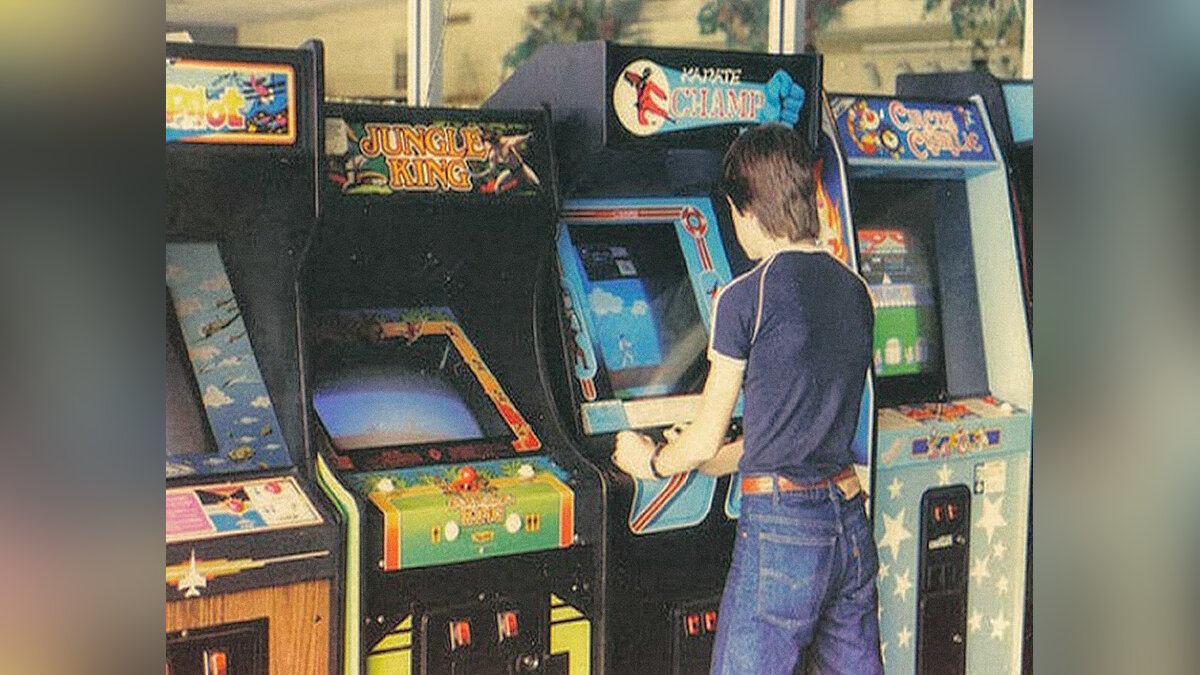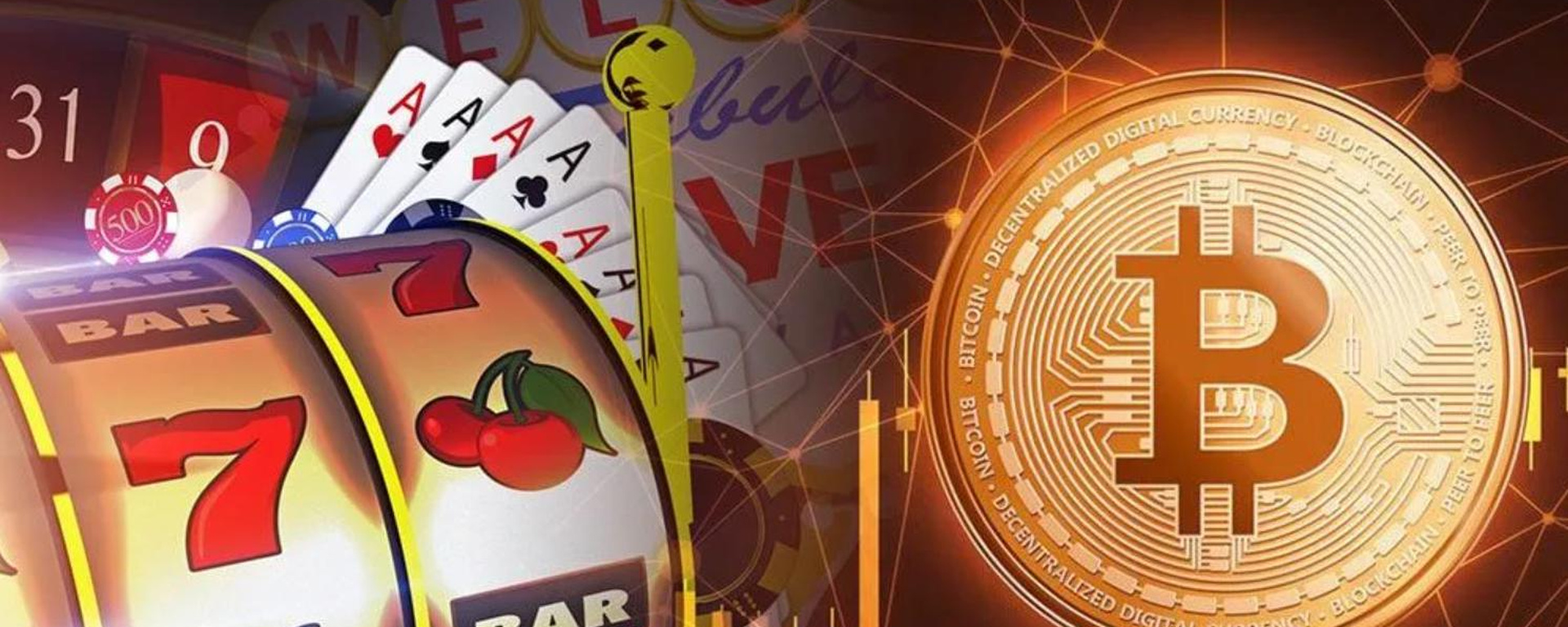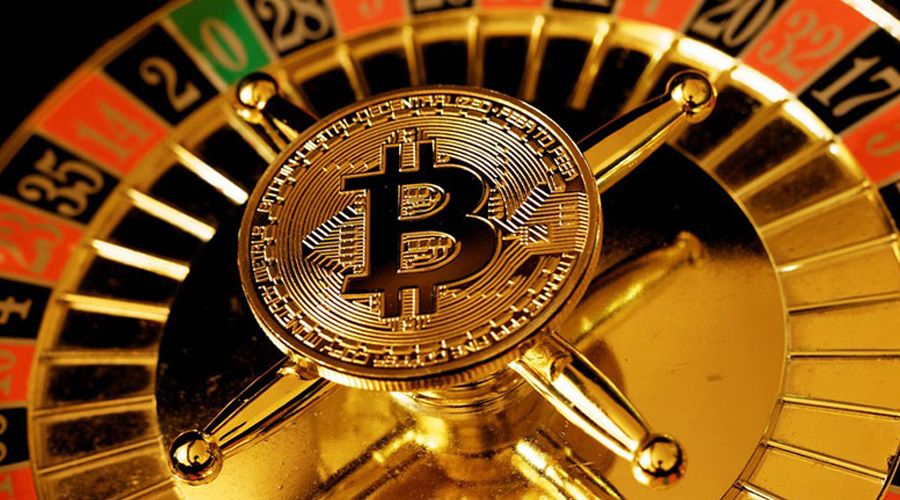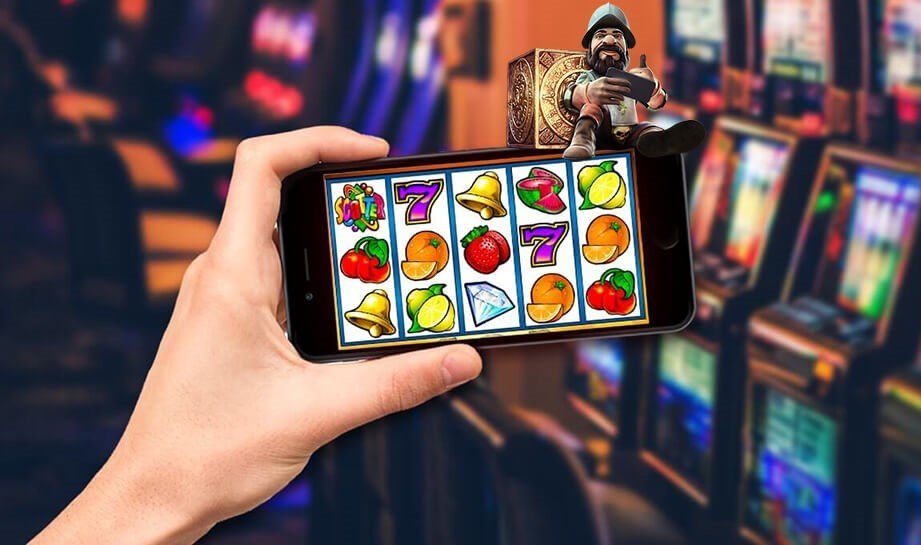The word “deposited” originated at the intersection of youth slang and digital gambling. In the gaming environment, it denotes making a deposit, that is, transferring money to the operator’s account. Despite the colloquial nature of the expression, its meaning is absolutely specific: depositing in a casino is a marker of involvement in gaming culture, where every action is associated with risk, calculation, and anticipation of returns.
On most platforms, the “deposit” operation is accompanied by choosing the amount, payment method, and optional bonus. After confirming the transaction, the funds are instantly credited, and the player gains access to bets. The system records each top-up, creating a clear financial trail that then participates in bonus calculations, wagering requirements, promotions, and even in building the gaming ranking.
How to deposit in a casino: process, parameters, interface
Each top-up starts from the cashier panel. Online casinos implement a simple and intuitive interface: selecting the currency, specifying the amount, and proceeding to the payment system. The screen displays all possible payment methods — from bank cards to cryptocurrencies.
Depositing in a casino is not just a technical action but also a choice of parameters: minimum and maximum limits, bonus type, transaction speed, and commission. On average, the minimum deposit threshold ranges from 500 to 1,000 rubles when using a card and from 0.001 BTC for cryptocurrency transfers. The platform interface usually displays the exact amount considering conversion, as well as the funds’ crediting period.
The data submission mechanism works through SSL encryption, and most licensed casinos use payment validation tokens. In some cases, two-factor authentication is requested for a large deposit.
Account top-up: methods, risks, features
You can top up your account in dozens of ways, but depositing in a casino is always a choice between speed, anonymity, and reliability. Electronic wallets provide instant crediting but require account verification. Bank transfers are more reliable but take 1 to 3 business days to process.
During the top-up process, it is important to consider the system-imposed restrictions: some platforms only accept “white” wallets, while others prohibit the use of corporate cards. There is also a risk of temporary fund blocking due to mismatched personal data, especially when trying to bypass limits using third-party accounts.
Casino slang dictionary
The internal language of gambling is not limited to words like “spin” or “jackpot.” Casino slang is actively evolving, and the expression “depositing in an online casino” has firmly entered the lexicon of players. It conveys not just a financial action but readiness to engage in a gaming session.
Slang helps instantly identify “insiders” and filter out newcomers. On forums, streamers’ chats, Telegram channels, the term “deposited” is used to indicate the start of a session, checking free spins, activating promo codes. For example, the phrase “deposited five” is automatically perceived as a top-up of 5,000 ₽ with subsequent gameplay.
Depositing in a casino — a potential contact with support
Each deposit may involve contacting customer support — in case of delay, error, or the need for confirmation. In practice, support becomes the first point in evaluating the platform.
Main reasons for inquiries:
- funds not credited (often due to delays from the bank or gateway);
- bonus not activated (technical glitch);
- user entered the wrong confirmation code;
- payment stuck on the processing side;
- manual wallet linking required.
Depositing in a casino is not always an instant process, and it is support that determines how quickly a player will return to the game. Good platforms (such as Play Fortuna or Drift) provide a response within 3–5 minutes via online chat, Telegram, or email.
Verification and confidentiality: where the security boundary lies
Each deposit activates internal validation processes. Verification is required either immediately after the deposit or before the first withdrawal. Depositing in a casino means automatically agreeing to the platform’s AML policy rules, where transaction transparency is more important than speed.
Verification may include the following stages:
- passport or other document upload;
- selfie with the document;
- payment method confirmation (wallet screenshot, card);
- address verification (receipt, utility bill, statement).
Gaming platforms like Melbet or 1xSlots request verification for deposits over 100,000 ₽. However, on less demanding platforms, verification may not be required until a withdrawal request, if the top-up amounts do not exceed 10,000 ₽.
Even with a minimum deposit, the system records IP, device, and browser, creating a unique digital profile. Anonymity remains partial, and it is cryptocurrency deposits that provide the highest level of confidentiality.
Security and limitations: depositing in a casino is a calculated step for control
Financial control plays a crucial role. Platforms offer users self-regulation tools — from setting daily limits to temporary account blocking. Depositing in a casino is an action that entails a whole set of risks:
- Loss of control with multiple micro-deposits.
- Using third-party cards — account blockage.
- Error in payment details — funds not received.
- Exceeding the limit — transaction rejected by the system.
- Depositing with uncertified methods — account undergoes verification.
Professional platforms like Casino X or SlotV implement automatic filters that prevent deposits via unverified methods. In such cases, customer support requires re-authentication.
Depositing in a casino is more than just transferring funds
Topping up an account is not just a technical step. Depositing in a casino is entering the economy of the gaming world with its own rules, limitations, and privileges. Each deposit sets off a chain: access to bonuses, participation in tournament activities, the need for financial control, identity verification, or choosing a cryptocurrency.
Considering a deposit as a formality is a mistake. It signifies the intention to participate, carries legal and behavioral consequences. Depending on the method, amount, and conditions, players receive different access, protection, and risks.

